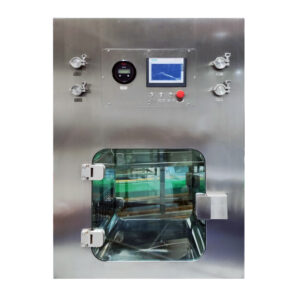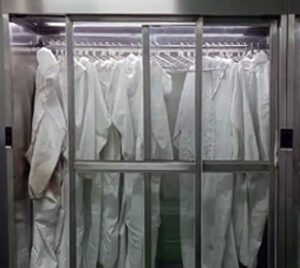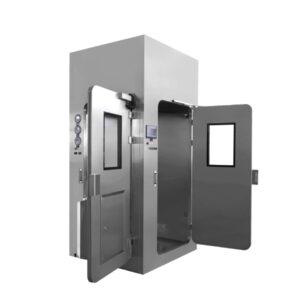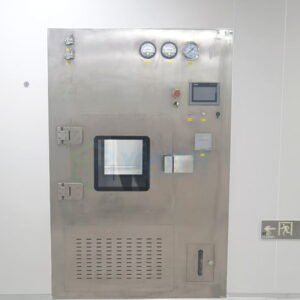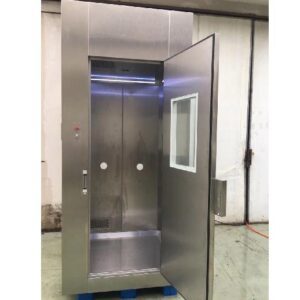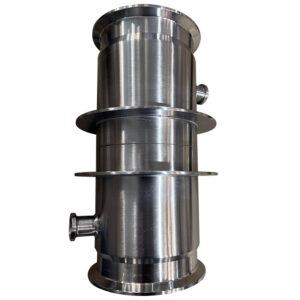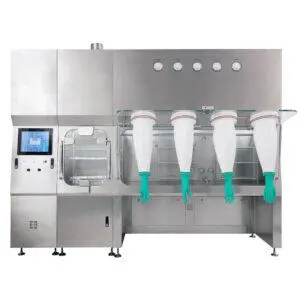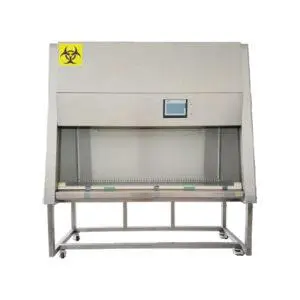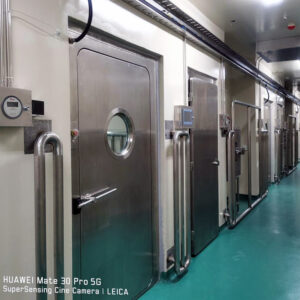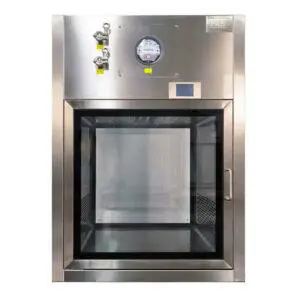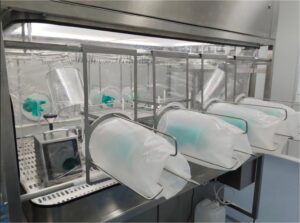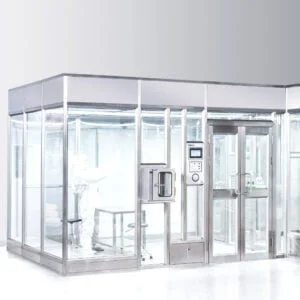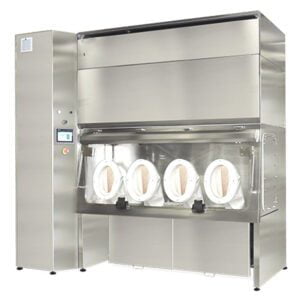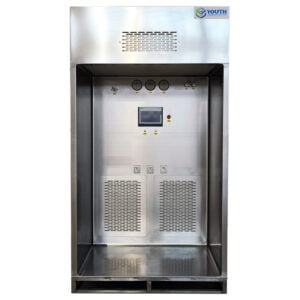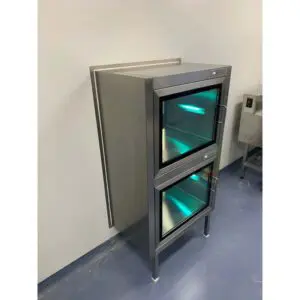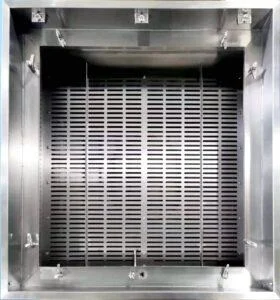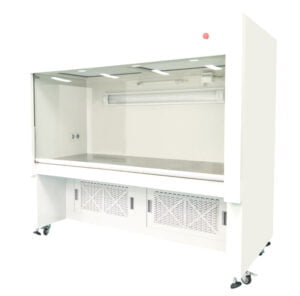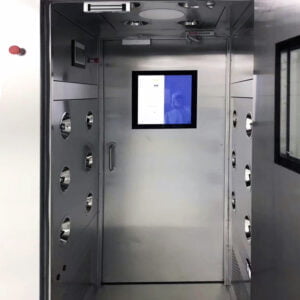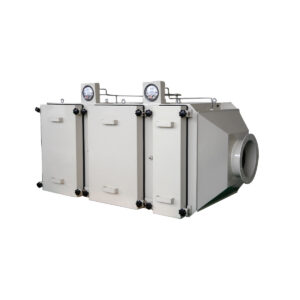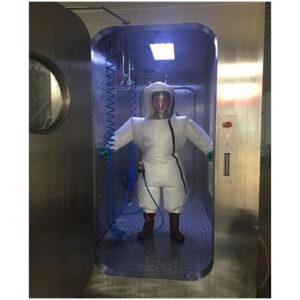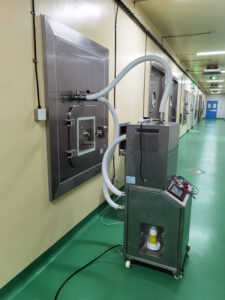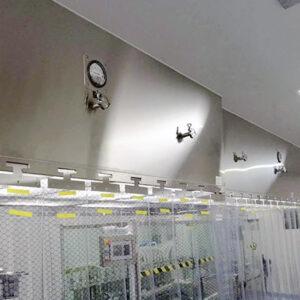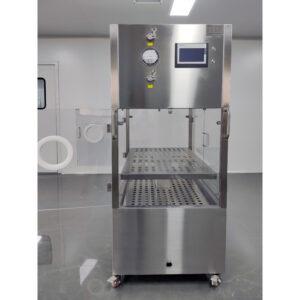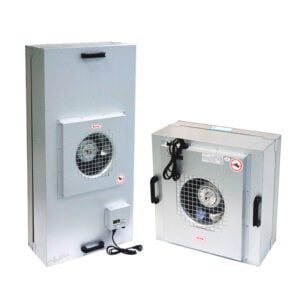As industries globally continue to advance, the emphasis on clean air and contamination control progressively intensifies. The future of air filtration is poised to be shaped by innovations that offer enhanced efficiency, sustainability, and safety. Central to this progression is ULPA Bag-In-Bag-Out (BIBO) technology – a system that promises to redefine air filtration for various high-stakes industries. This article explores the emerging trends in air filtration and the burgeoning potential of BIBO systems.
The Evolution of Air Filtration
Historically, air filtration has been constrained by the trade-offs between efficiency and safety. Traditional filter replacement methods often exposed workers to environmental hazards and demanded costly downtime. Innovations like BIBO technology have emerged to address these challenges, paving the way for future trends in industrial air purification.
Why BIBO Stands Out
BIBO technology elevates the standards of air filtration by offering a contained method for filter replacement. The system’s design ensures that contaminated filters are isolated within a bag, preventing airborne pollutants from escaping into the environment or posing a risk to handlers.
Emerging Trends Influenced by BIBO
- Enhanced Personnel Safety
- Future BIBO systems are being devised with advanced safety mechanisms and fail-safes, reducing the risks for maintenance personnel and mitigating exposure to hazardous materials.
- Integrated Monitoring and Automation
- Integrating sensors and automated systems into BIBO technology for real-time monitoring is a growing trend that enhances predictive maintenance and filter management.
- Smart Filtration Solutions
- The use of IoT technology in BIBO systems is anticipated to rise, allowing for smart filtration solutions that can adapt to changing environmental conditions and usage patterns.
- Sustainable Practices
- There is a focus on developing BIBO systems that support sustainability, with features like reusable bags and recyclable components.
- Customization and Flexibility
- Customizable BIBO solutions are on the horizon to cater to the diverse needs of different industries, from pharmaceuticals to microelectronics manufacturing.
The Role of BIBO in Future Industries
BIBO’s potential is not restricted to its current applications. As technology advances, so too does the scope of BIBO systems. They are set to become integral to smart buildings, cutting-edge healthcare facilities, and any industry where air quality directly impacts health outcomes or product integrity.
Challenges and Considerations
While the potential of BIBO is vast, the path forward comes with challenges. Key considerations include cost implications, adaptability to emerging pollutants, and the need for standardization across geographies and sectors.
Conclusion
The future of air filtration rests on technologies that can offer uncompromised air quality without imposing on operational efficiency or personnel safety. Bag-In-Bag-Out systems are at the forefront of this movement, showing immense potential to become the standard in contamination control. As industry needs evolve and environmental standards tighten, the versatility and adaptability of BIBO technology will render it indispensable in the pursuit of clean air solutions.
Related Contents:
- Bag-In/Bag-Out (BIBO) Systems: Operation and Maintenance Guide
- Understanding YOUTH’s Bag-In-Bag-Out (BIBO) Systems: Ensuring Safety and Clean Air
- Addressing FAQs About Bag-In-Bag-Out Filtration Systems
- The Comprehensive Guide to Bag-in-Bag-Out (BIBO) HEPA Filter Replacement
- Trends in Fan Filter Unit Technology: What to Expect in the Coming Years
- Future-Proofing Cleanrooms with Advanced Fan Filter Units
- The Ultimate Guide to YOUTH’s Bag-In-Bag-Out (BIBO) HEPA Filter Replacement
- The Ultimate Guide to YOUTH’s Bag-In-Bag-Out (BIBO) Systems: Ensuring Safety and Clean Air
- The Ultimate Guide to Innovative Bag-In-Bag-Out Technology


